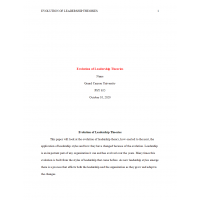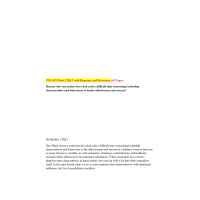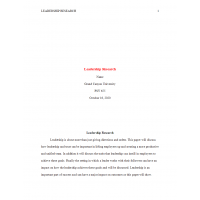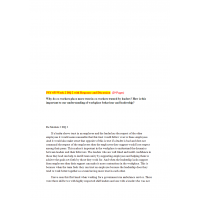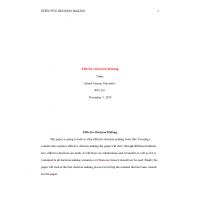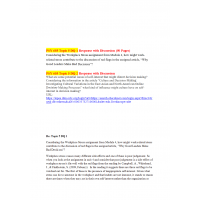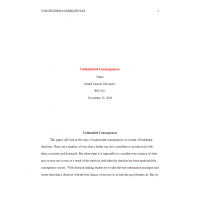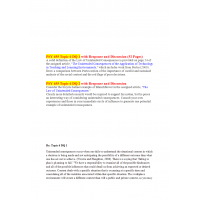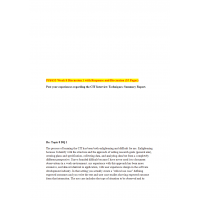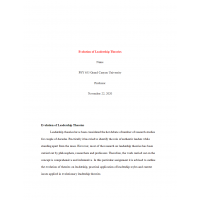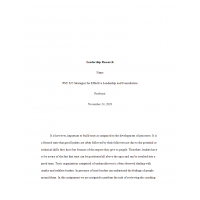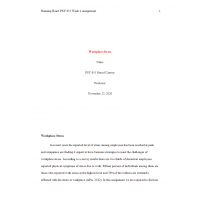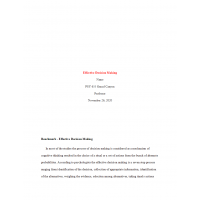PSY 655 Week 3 Benchmark, Culture of Gender
Design a PowerPoint focusing on working-class women and corporate women in film/television, the public sphere, and/or popular culture. Explore gender and culture—the intersection of race and class and the impact on women’s leadership style and/or ability.
To complete this assignment, consider the following examples:
- Corporate/Professional Women (film/popular culture)
- Corporate Women (CEOs): Lynn Elsenhans, Carol Meyrowitz, Andrea Jung, Ellen Hullman, Ilene Gordon, Patrica Woertz, Carly Fiorina, etc.
- Professional Women: Elizabeth Warren, Helen Gurly Brown, Gloria Steinem, Oprah Winfrey, Katie Couric, Barbara Walters, Connie Chung, Maria Shriver, Sonia Sotomayor, Ruth Bader Ginsburg, Elena Kagan, etc.
- Professional Women (television characters/actresses): Jennifer Fischer (The Office), Glenn Close (Damages), Kyra Sedgwick (The Closer), Chandra Wilson (Grey’s Anatomy), and Tina Fey (30 Rock), etc.
- Corporate/Professional Women in film: The Stepford Wives, The Devil Wears Prada, Mildred Pierce, Working Girl, Nine to Five,etc.
- Working-Class Women (film/popular culture) Bread and Roses, Country, Norma Rae, Silkwood, Steel Magnolias, Working Girl, North Country, Salt of the Earth, Fast Food Women, My American Girls, Her Own Words
- Women in Nontraditional Jobs: Roseanne, etc.
- Female Politicos/Public Office: Hillary Clinton, Barbara Boxer, Nancy Pelosi, Michelle Obama, Sarah Palin, Mary L. Landrieu, Margaret Thatcher, Mary Robinson, Indira Gandhi, Eleanor Roosevelt, Golda Mier.
To frame the assignment context, consider a fundamental tenet of Women’s Studies and the Women’s Movement: the “personal is the political,” whereby the intersection of public issues (public sphere) and personal problems (private sphere) yields political action or movement. Address the following:
- Depict how women in film/television, the public sphere, and/or popular culture portray leadership and or management skills.
- What characteristics, behaviors, and/or traits do the characters exhibit that demonstrate their leadership or management skills?
- Is there a “politics to language” with respect to communication and leadership style/ability?
- Is there a (dis) connection with respect to age and leadership style/ability? If so, provide examples.
- What effect does “labeling” have on leadership and women’s ascension (or lack thereof) to power?
| Institution & Term/Date | |
| Term/Date | Grand Canyon University |
PSY 655 Week 3 Benchamrk Assignment, Culture of Gender
- Product Code: 2020
- Availability: In Stock
-
$12.00
Related Products
Tags: PSY 655






